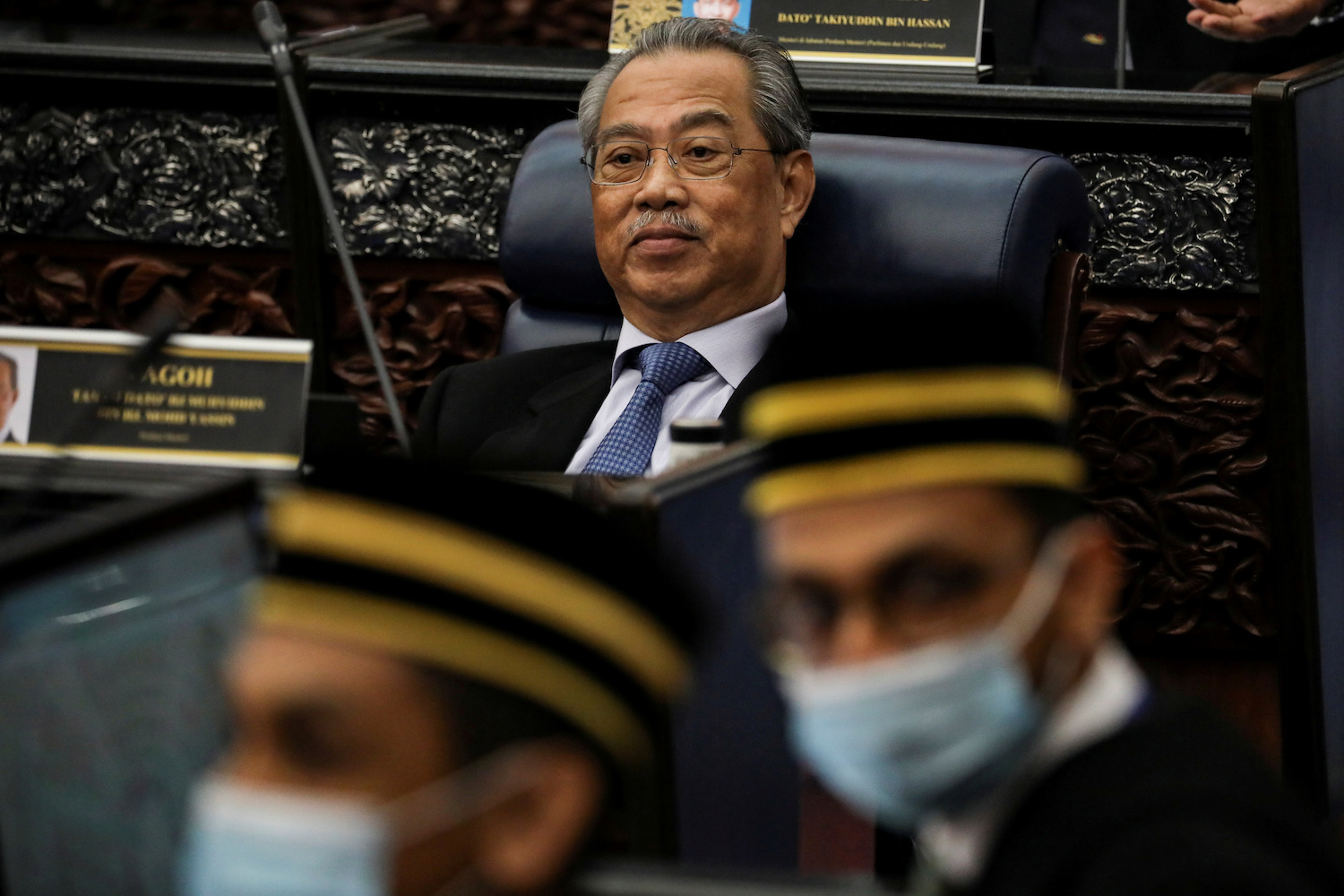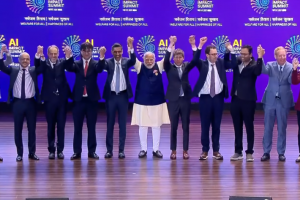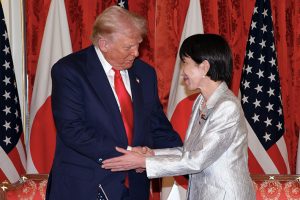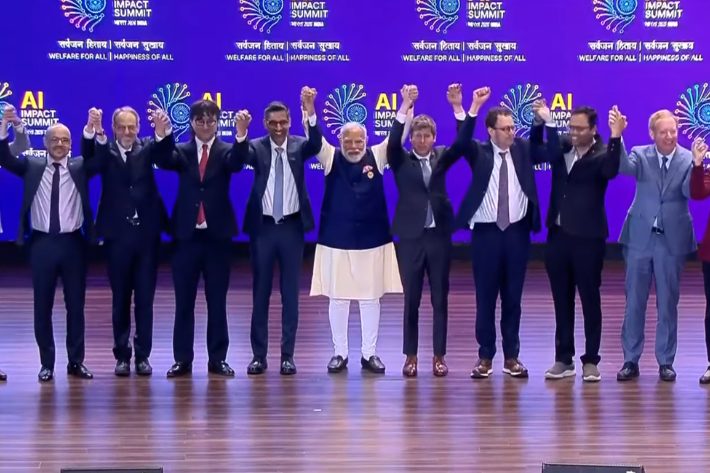KUALA LUMPUR: With its leadership tossed into uncertainty again, Malaysia risks delays and loss of new investments, analysts and business groups say, as anxiety bubbles among foreign investors worried about policy disruption and reforms stalling.
A week after opposition leader Anwar Ibrahim laid claim to the premiership citing enough parliamentary support to form a new government, the political situation is fluid and the power to decide what happens next rests with a king who is currently hospitalised.
Fitch Solutions said the upheaval since March was risky for Malaysia’s long-term growth at a time when its neighbours compete for investments from firms diversifying manufacturing away from China.
“Malaysia could find it difficult to pitch its attractiveness to investors given the existence of lower-cost centres such as Vietnam and Indonesia on the one hand, and more stable politics in countries such as Singapore,” its Senior Asia Country Risk Analyst Darren Tay said.
The power struggles that have ensued since the end of decades of unbroken rule by one party in 2018 could sap confidence among multinationals beset by coronavirus-related problems, analysts and business groups said.
“Political instability ranks high on corporations’ considerations because it would have a ripple effect on policies,” said the American Malaysian Chamber of Commerce CEO Siobhan Das.
Muhyiddin Yassin unexpectedly emerged as prime minister in March after forging an alliance with opposition parties to gain a parliamentary majority.
He was accused of stealing power by shifting alliances instead of earning an electoral mandate and has rejected Anwar’s claim of legislative backing.
Japanese firms long present in Malaysia are watching closely, and decision makers back home are worried it could complicate future plans, said Daiji Kojima, president of the Japanese Chamber of Trade and Industry.
Bank Islam economist Adam Mohamed Rahim said equities investors were anxious about the possibility of a new election, while Jeffrey Halley, senior market analyst at OANDA, said a change in government could pose problems for new investments.
“Malaysia may struggle to attract foreign inflows when the country’s governance is in such a state of constant flux,” he said.
A smooth power transition, however, could see Malaysia’s appeal restored in about six months, Halley said.
Malaysia Airlines parent: Group running out of cash
Meanwhile, Malaysia Aviation Group, the holding company for Malaysia Airlines Bhd, said in a letter to lessors the group is unlikely to be able to make payments owed after November unless it receives more funding from state fund Khazanah.
The letter, reviewed by Reuters, follows a request by the troubled carrier for steep discounts on aircraft rentals from its lessors as part of a broad restructuring plan, three sources with knowledge of the matter said.
According to the letter, the aviation group was experiencing “an average monthly operating cash burn of $84 million” but only had $88 million in liquidity as of Aug. 31 and an additional $139 million available from Khazanah, its sole shareholder.
“Based on the current run-rate, absent further funding from shareholders, the group will likely be unable to meet its obligations, including payments to lessors, post November 2020,” it said.
The letter was sent last month but the exact date was not immediately clear.
Malaysia Aviation Group and Khazanah had no immediate comment in response to queries.
Malaysia’s national airline has struggled to recover from two tragedies in 2014 – the mysterious disappearance of flight MH370 and the shooting down of flight MH17 over eastern Ukraine.
Khazanah took it private that year as part of a $1.5 billion restructuring but efforts to turnaround its business have been further upended by the coronavirus pandemic.
Malaysia Airlines plans to negotiate the steep discounts with its lessors via a restructuring plan it is seeking to implement through a UK court process, the sources said, declining to be identified due to the sensitivity of the matter.
In addition to Malaysia Airlines Bhd, the holding company group includes other local carriers and entities involved in aircraft leasing and ground handling services.
(Reporting by Liz Lee and Anshuman Daga in Singapore, plus Tim Hepher in Paris; Editing by Martin Petty, plus Miyoung Kim and Edwina Gibbs)
























